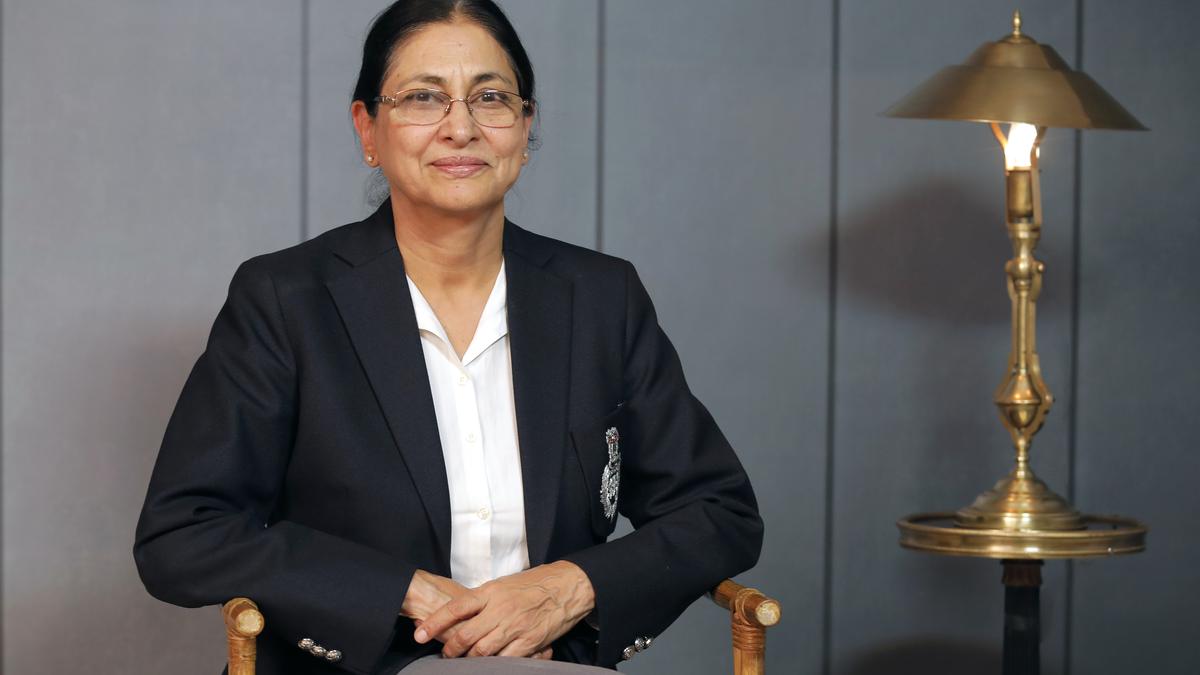Meeran Chadha Borwankar is a retired Indian Police Service (IPS) officer of the 1981 batch from the Maharashtra cadre. In her book, Madam Commissioner: The Extraordinary Life of an Indian Police Chief, she looks back at her over three-decade journey in the police service. She has petitioned the Supreme Court in the Bilkis Bano gangrape case after the Gujarat government released 11 convicts last year in the gangrape-murder case that occurred during the 2002 Gujarat riots. Borwankar retired from service in 2017, after stints as Director General, National Crime Records Bureau, Commissioner of Police, Pune, among other posts. Excerpts from an interview.
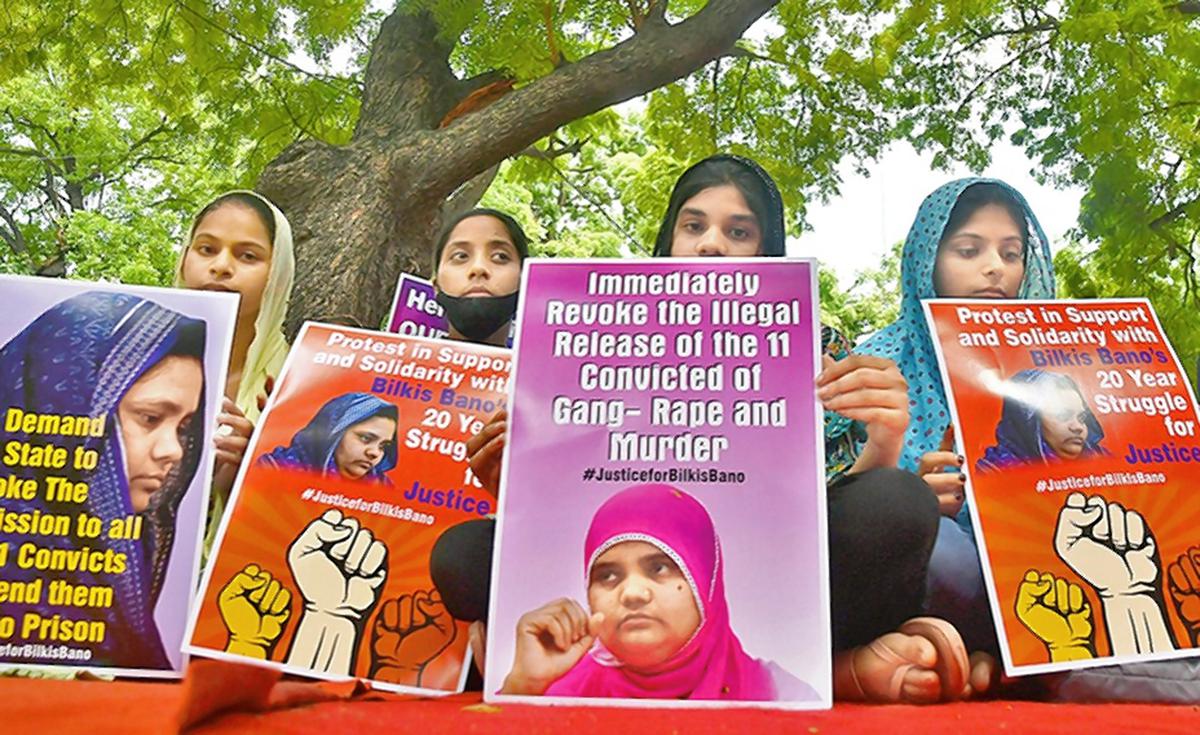
At a protest against remission of sentence given to the convicts of Bilkis Bano’s case, in New Delhi. | Photo Credit: Shiv Kumar Pushpakar
What prompted you to write the book?
I spent 36 years in the Indian Police Service. I wanted to speak about my experience through anecdotes that are educational and interesting. I was the only woman in a batch of about 70 officers at the National Police Academy in 1981. A woman probationer was made to feel unwanted in the service and that she had done a grave mistake by quitting the Indian Audit and Accounts Services for the IPS.
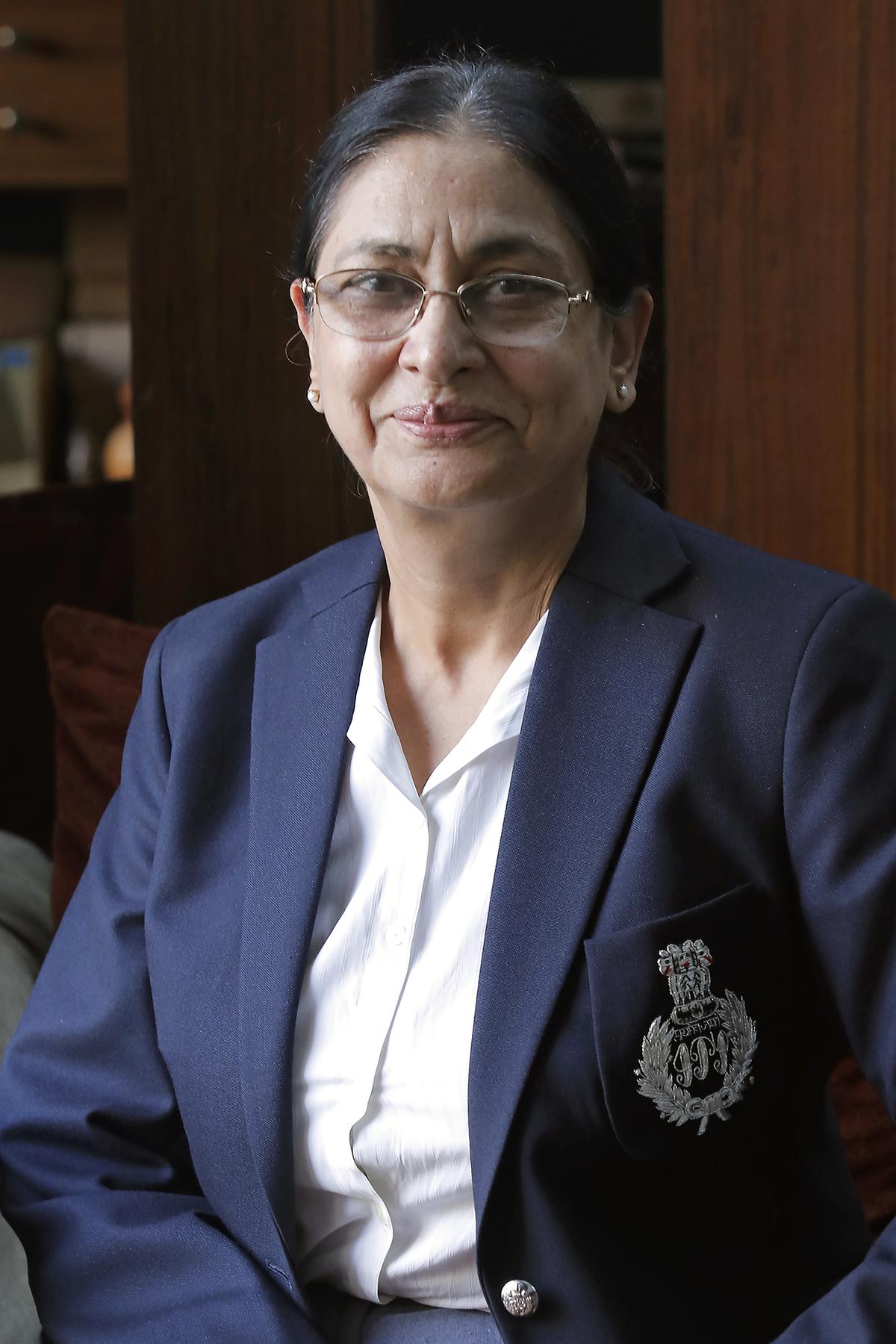
Meeran Chadha Borwankar | Photo Credit: special arrangement
Can you elaborate on the gender discrimination you faced?
At the National Police Academy, the levels of physical fitness expected from a woman officer was the same as that of a male officer. Later, rules were changed and it became gender-friendly. I was expected to compete with men which resulted in me scoring less marks.
You write how at an official function you felt out of the place as you had to wear a saree rather than the police uniform to hide the baby bump when you were expecting your first child? Do you think things have changed?
Things have definitely changed for the better. From the training itself, physical standards for women are now different from male officers. There are many women in leadership roles at different levels who understand and help each other. Within the parameters of khaki, a lot of leverage is allowed.
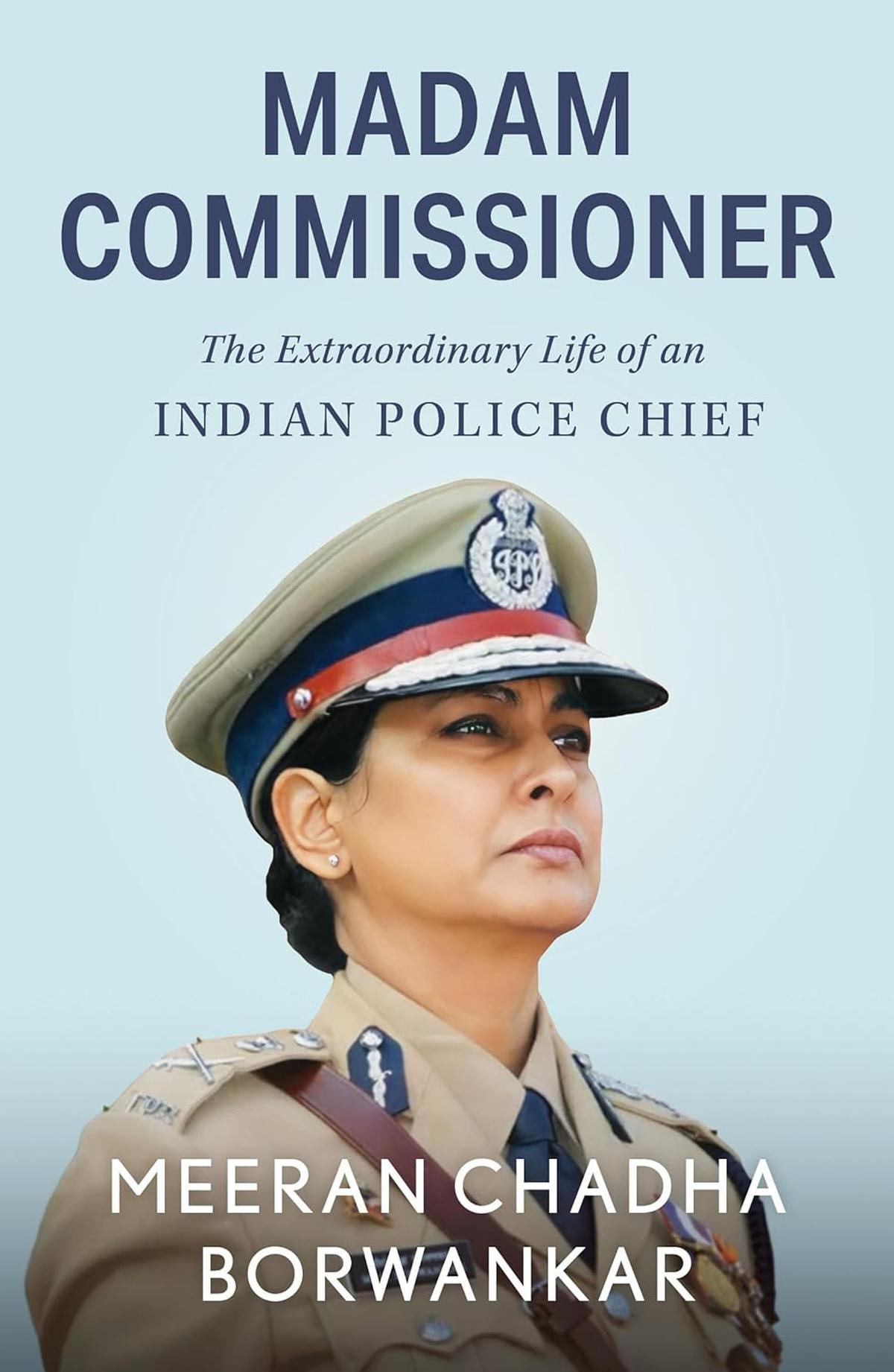
The government has introduced three criminal laws to replace the British-era criminal codes. One of the laws proposes that criminal trials should be completed in three years, do you think this will impact the quality of investigation and verdict?
I would say even three years is too much. My concern is the courts. The number of courts should go up too. How many High Court and Supreme Court benches will be constituted? Existing courts cannot do that. More infrastructure is required, judges, magistrates etc.
A law was passed recently to grant 33% reservation for women in Parliament and Assembly seats. The paramilitary forces and police also have a similar quota, but the seats haven’t been filled.
The State Police has about 10-12% women overall. Paramilitary forces started late and if they are really genuine about commitment to have 33% reservation for women, then they will have to do some special recruitment drive. I would caution that we should not go for overnight change of culture. We should set a target. There are many functions such as feeding the data, maintaining crime records, checking of antecedents, issuing licences, etc. which one can do from home. If we put our heads together, there will be many tasks which can be done online. It is being done on an ad-hoc basis by police in some States. If a woman reports to work immediately after maternity leave, then what are the duties she can be considered for till she is breastfeeding the child, rather than putting her on regular field duty? — these are the questions that need answers.
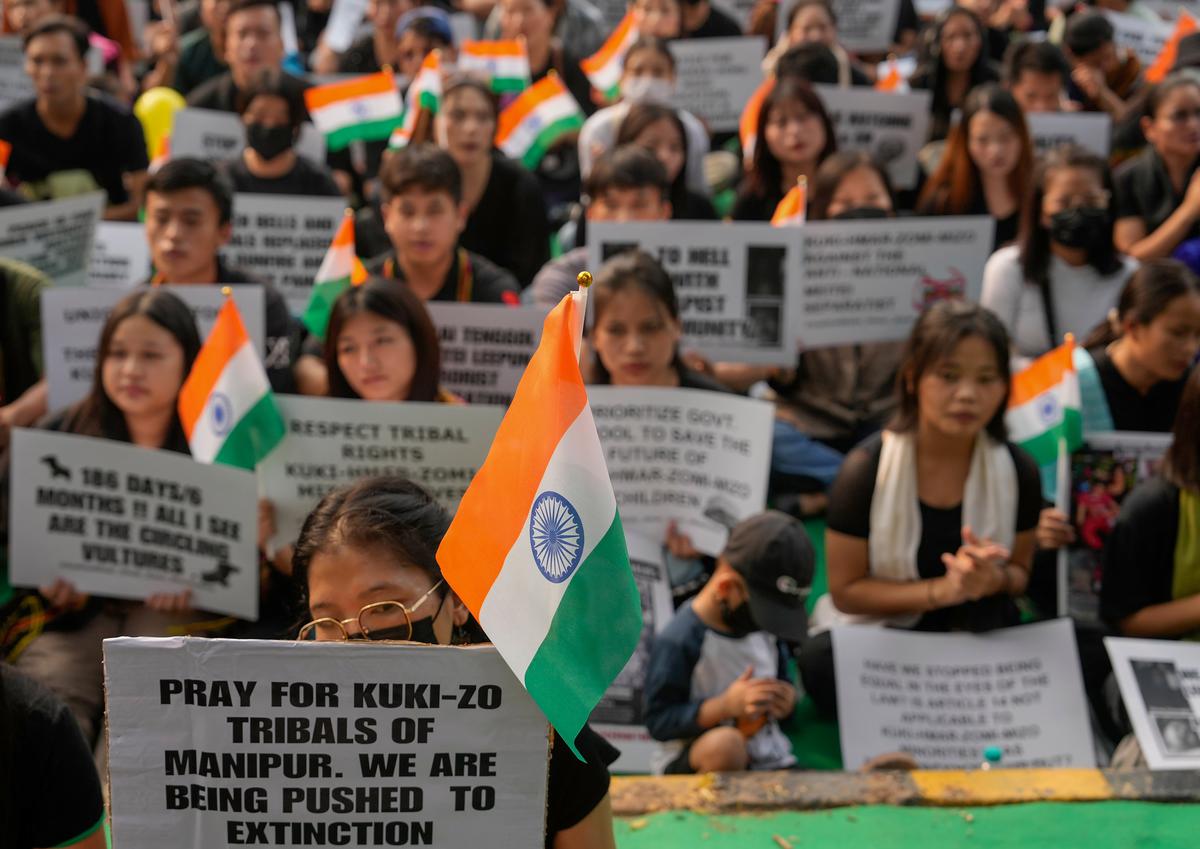
People from Manipur stage a protest against the ethnic violence in the State, at Jantar Mantar in New Delhi. | Photo Credit: PTI
During the ethnic violence in Manipur, women were subjected to sexual violence, and the crimes became known only after a video came out.
It is to be seen whether the incidents could have been prevented. Tension was simmering for long. We know that whenever there is a caste and communal violence, women are the first victims.
Madam Commissioner: The Extraordinary Life of an Indian Police Chief; Meeran Chadha Borwankar, Pan Macmillan, ₹499.
vijaita.singh@thehindu.co.in


